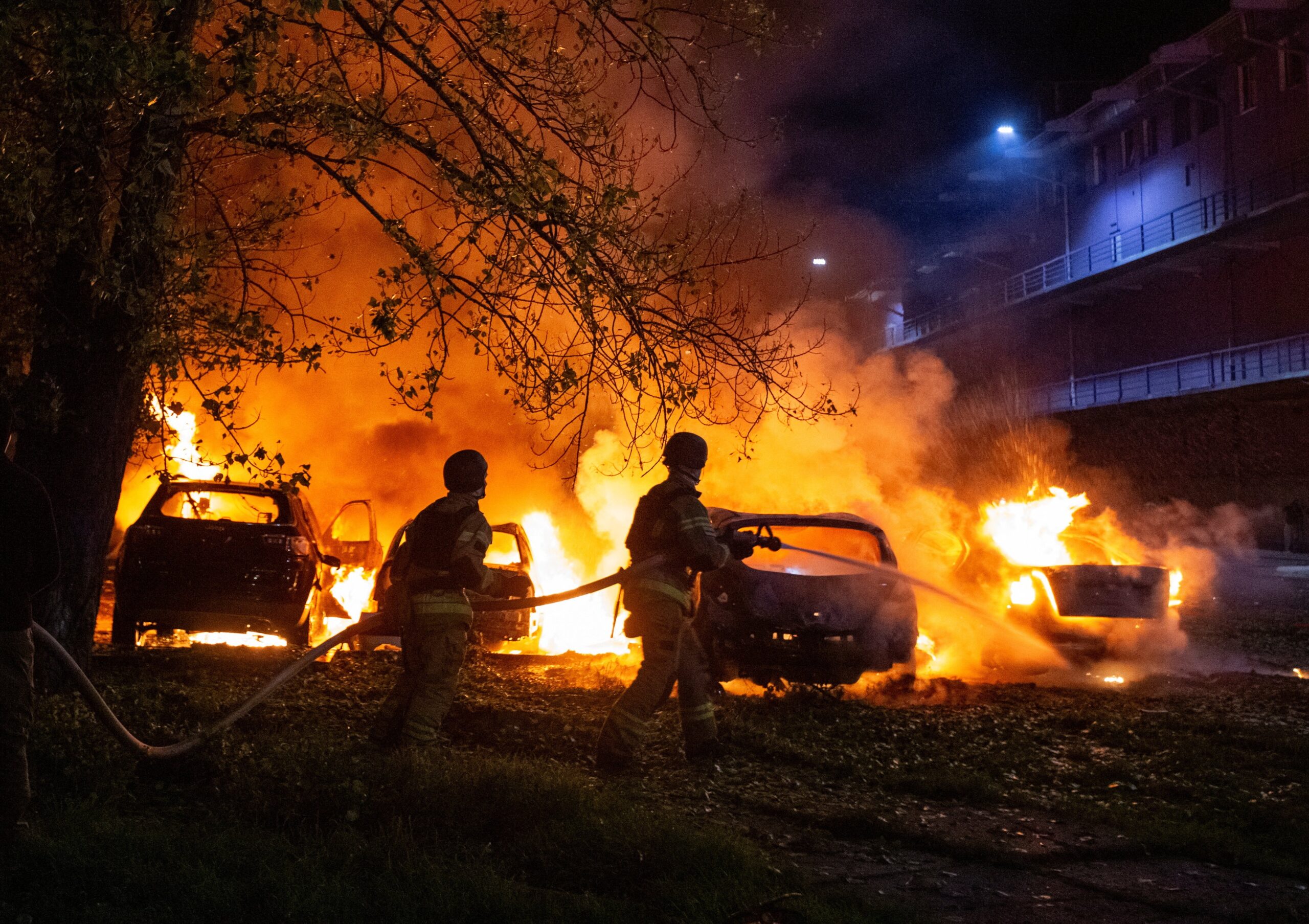Faith Under Fire: Ukrainian Religious Leaders Call on US Christians to Stand with Truth in Ongoing Conflict

The Ukrainian Council of Churches and Religious Organizations (UCCRO), founded in 1996, stands as the most comprehensive interfaith coalition in Ukraine. This influential organization plays a crucial role in bringing together diverse religious communities across the nation, working tirelessly to foster understanding, dialogue, and cooperation among different faith traditions. By bridging religious divides, UCCRO promotes unity and mutual respect in Ukraine's rich and pluralistic religious landscape.
Through strategic initiatives and collaborative efforts, the council serves as a powerful platform for religious leaders to address common social challenges, advocate for religious freedom, and contribute to the country's social and spiritual harmony. As the largest interfaith group in Ukraine, UCCRO continues to be a beacon of hope and understanding in an increasingly complex religious environment.
